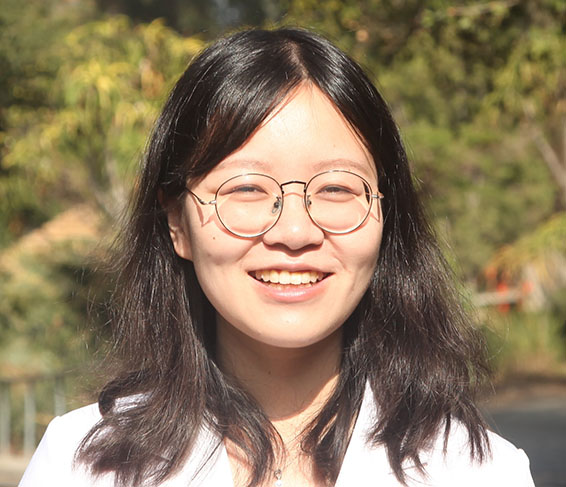
Xin Zhou, PhD
Contact Information
Office Phone Number
5829749
Biography
Xin Zhou, PhD
Dr. Zhou received her Ph.D. degree in 2017 from Stanford University with Dr. Michael Lin, where she invented a modular design for optogenetic control of signaling proteins. She then completed a postdoc with Dr. James Wells at UCSF, where she focused on engineering antibodies for challenging targets and developed a new point-of-care assay for SARS-CoV-2 antibody detection. Dr. Zhou joined the DFCI faculty in 2022. She is a recipient of a K99/R00 Pathway to Independence award, the Damon Runyon-Dale F Frey Breakthrough Scientists award, and the PEGS Summit Young Scientist Keynote award.
Researcher
Physician
Assistant Professor of Biological Chemistry & Molecular Pharmacology at Harvard
Medical School and Cancer Biology at Dana Farber Cancer Research Institute
Recent Awards
- K99/R00 Pathway to Independence Award
- Damon Runyon-Dale F. Frey Award for Breakthrough Scientists
- PEGS Summit Young Scientist Keynote
Locations

Dana-Farber Cancer Institute
450 Brookline Ave Longwood Center 3116 Boston, MA 02215Dana-Farber Cancer Institute

Dana-Farber Cancer Institute
450 Brookline Ave Longwood Center 3116 Boston, MA 02215
42.3374, -71.1082
